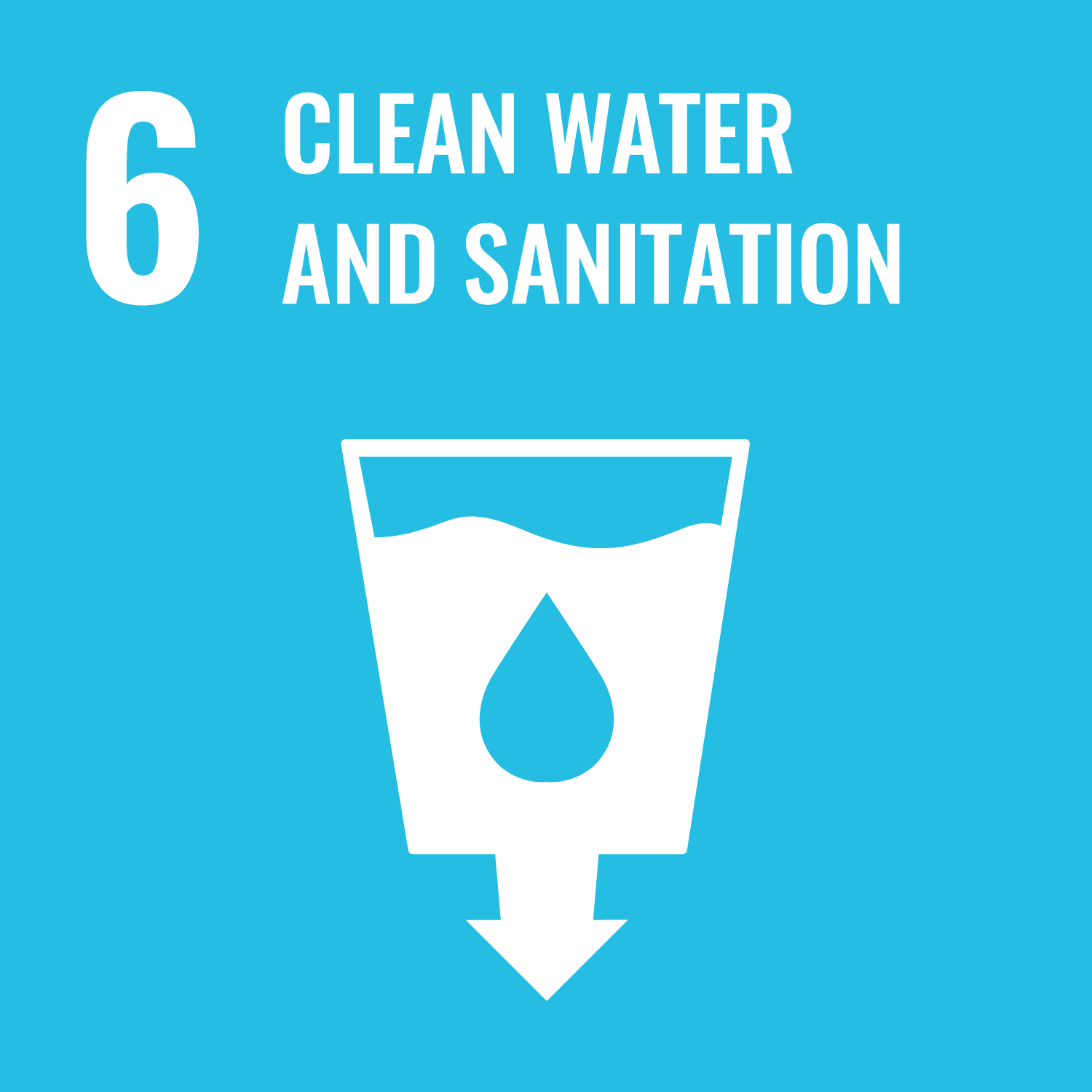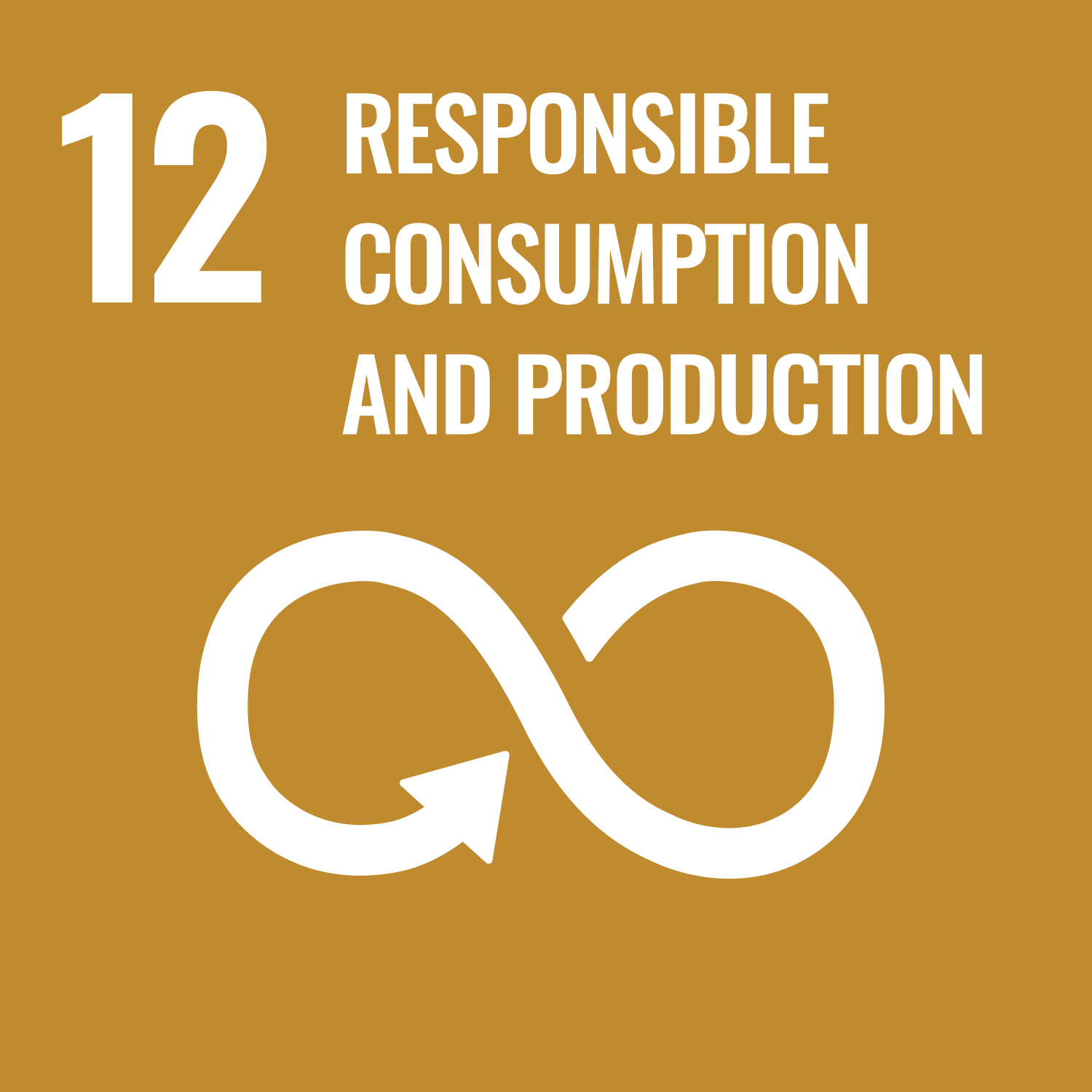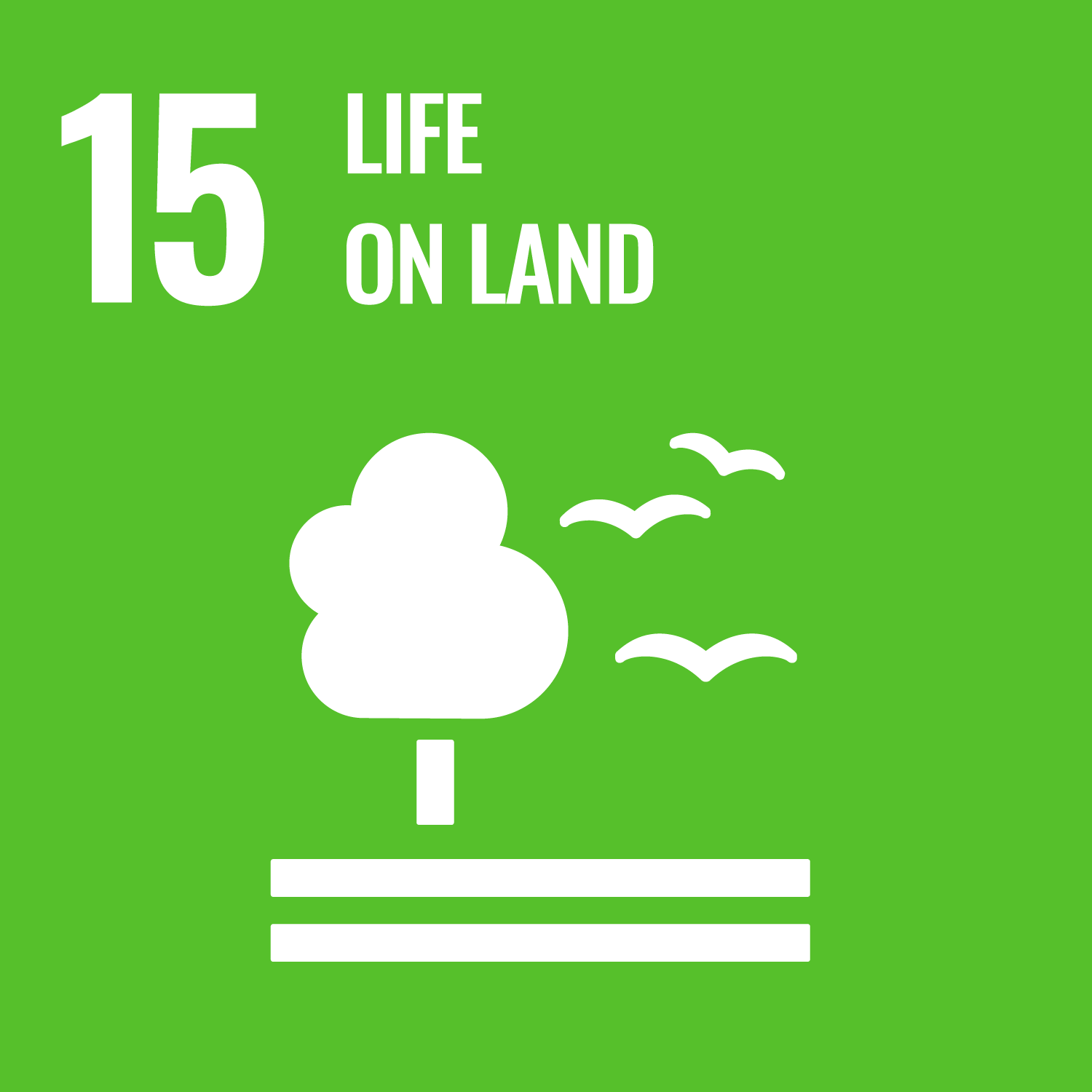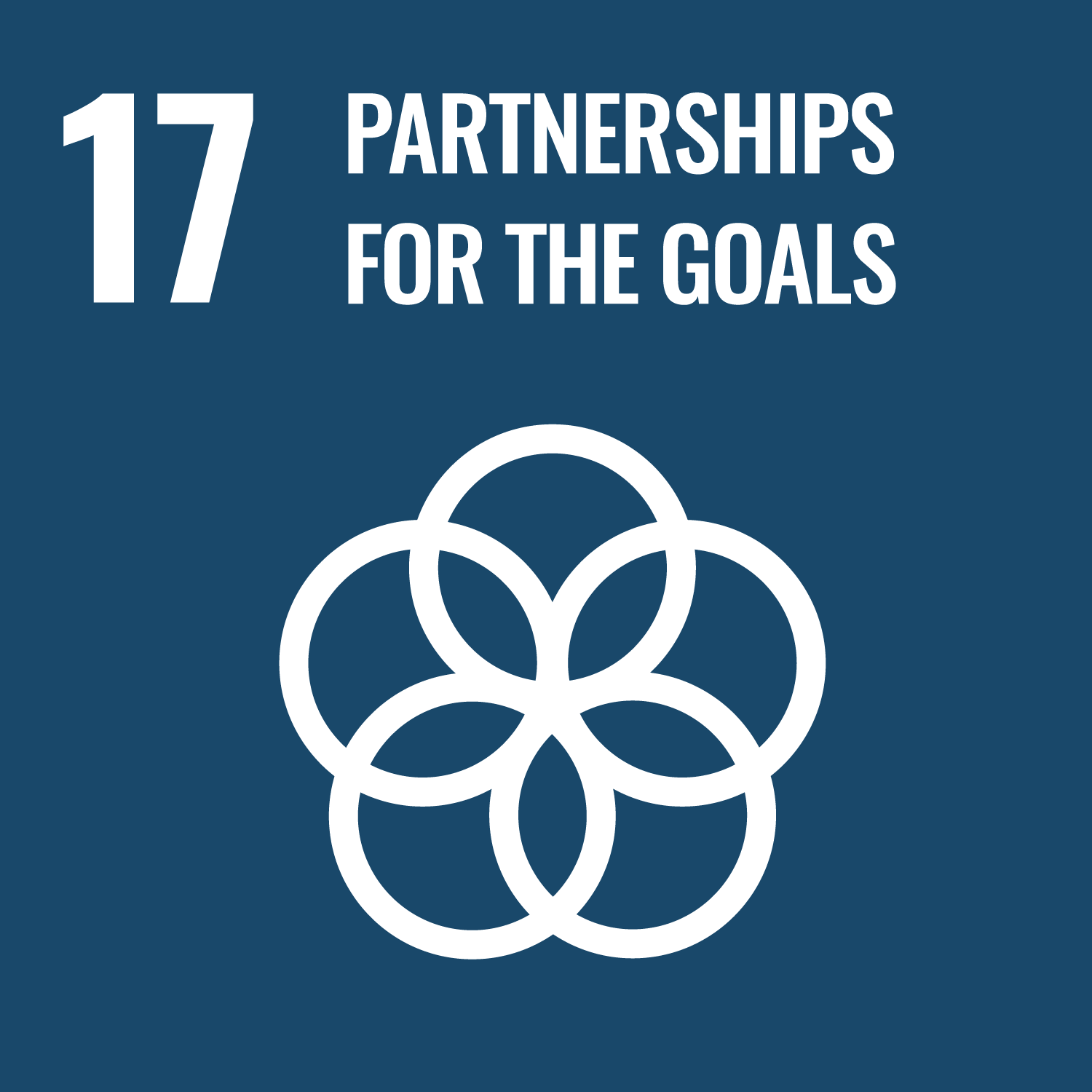ORCID
- C. Kelly: 0000-0002-3809-225X
Abstract
This study investigates the relationship between fine resolution, local-scale biophysical and socioeconomic contexts within which land degradation occurs, and the human responses to it. The research draws on experimental data collected under different territorial and socioeconomic conditions at 586 field sites in five Mediterranean countries (Spain, Greece, Turkey, Tunisia and Morocco). We assess the level of desertification risk under various land management practices (terracing, grazing control, prevention of wildland fires, soil erosion control measures, soil water conservation measures, sustainable farming practices, land protection measures and financial subsidies) taken as possible responses to land degradation. A data mining approach, incorporating principal component analysis, non-parametric correlations, multiple regression and canonical analysis, was developed to identify the spatial relationship between land management conditions, the socioeconomic and environmental context (described using 40 biophysical and socioeconomic indicators) and desertification risk. Our analysis identified a number of distinct relationships between the level of desertification experienced and the underlying socioeconomic context, suggesting that the effectiveness of responses to land degradation is strictly dependent on the local biophysical and socioeconomic context. Assessing the latent relationship between land management practices and the biophysical/socioeconomic attributes characterizing areas exposed to different levels of desertification risk proved to be an indirect measure of the effectiveness of field actions contrasting land degradation.
DOI Link
Publication Date
2016-12-01
Publication Title
Journal of Environmental Management
Volume
183
ISSN
0301-4797
Acceptance Date
2016-09-03
Deposit Date
2024-06-04
Embargo Period
2017-09-17
Additional Links
Keywords
Human pressure, Indicators, Mediterranean region, Multivariate statistics, Response assemblage
First Page
754
Last Page
762
Recommended Citation
Salvati, L., Kosmas, C., Kairis, O., Karavitis, C., Acikalin, S., Belgacem, A., Solé-Benet, A., Chaker, M., Fassouli, V., Gokceoglu, C., Gungor, H., Hessel, R., Khatteli, H., Kounalaki, A., Laouina, A., Ocakoglu, F., Ouessar, M., Ritsema, C., Sghaier, M., Sonmez, H., Taamallah, H., Tezcan, L., de Vente, J., Kelly, C., Colantoni, A., & Carlucci, M. (2016) 'Assessing the effectiveness of sustainable land management policies for combating desertification: A data mining approach', Journal of Environmental Management, 183, pp. 754-762. Available at: 10.1016/j.jenvman.2016.09.017






